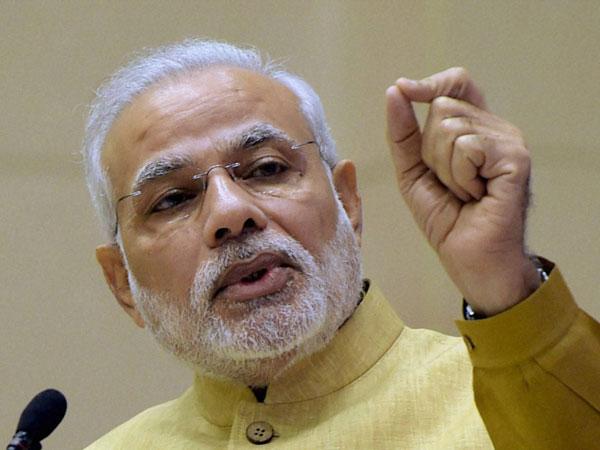It is universally accepted that this century belongs to Asia. Asia is at the crossroads of a very special moment in the history of humanity. This is a continent bustling with energy, enthusiasm and exuberance, driven by the dynamism of a youthful population that is constantly innovating.
- All Asian civilizations, Indic, Shinto, or Dao, had had a common value system which could avoid conflicts among humans and between humans and nature– the conflict among states being different. That common value system recognizes, accepts and even celebrates diversity among humans. This is what leads to conflict avoidance as it is founded on harmony in diversity. Conflict avoidance based on harmonizing the diversity of humans is inherent in Asian democracy as its basic value.
- Our idea of democracy is not just a game of numbers mediated by the rules of majority and minority as it happens in numerical democracies. Our democratic approach is founded on consensus. It does not rest on the idea of rights alone but also includes duties. The Indian constitution provides for moral fundamental duties of individuals towards one another and to the creation which sustains us all.
- Our idea of democracy is founded on values which recognize the space of not only humans but also of nature — animals and plants — which incorporates the principles of environment.
- The inclusion of nature and environment makes our life and approach less anthropocentric and more eco-centric.
- Great Indian thinkers like Maharishi Aurobindo, Swami Vivekananda and Rabindranath Tagore have envisioned Asian unity in this higher sense of the term.
- I am sure that with its theme of Asian Values and Democracy, the Tokyo Conclave will enable India and Japan to expand articulate and include the concepts of conflict avoidance and environmental consciousness as integral to our larger democratic framework.
(The views expressed are the author's own and do not necessarily reflect the position of the organisation)

